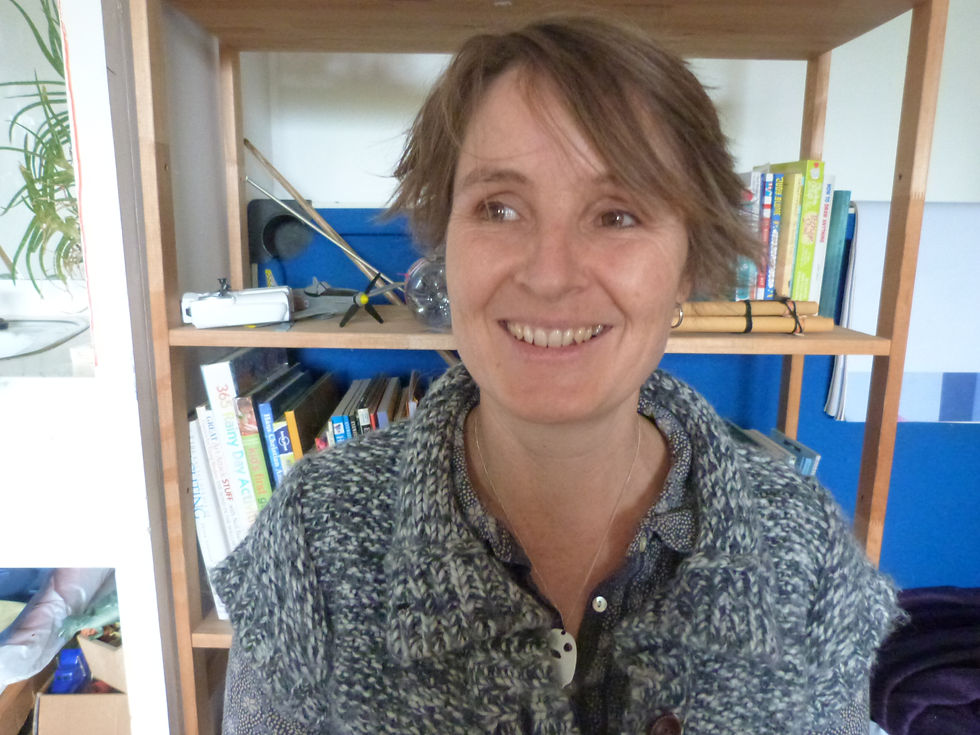Dark Matters
an interrogation of thresholds of (im)perceptibility through theoretical cosmology, fine art and anthropology of science
Rebecca Ellis
So far in this project, it has become increasingly apparent through our interdisciplinary conversations, that many of those entities and forces studied by theoretical cosmology, I initially assumed to inhabit the radically imperceptible - e.g. dark matter and dark energy - are in fact considered by many cosmologists to be perceptible in that they are inferrable either by observation or by the effects they have on the make-up of the known and knowable universe. I have been drawn to the way in which Kostas (the cosmologist on the team) has encouraged us to think of imperceptibility as pertaining to the speculative, to a paradoxical space common to theoretical physics, mathematics and other disciplines, between what possibly exists but is not empirically verifiable. Examples include the string landscape, pocket universes, the multiverse or mirror matter.
From the perspective of social-scientific/philosophical interest in the perception and experience of (non)relationality within human-nonhuman (non)encounters, I inevitably need to explore the role, location and status of mathematics - and here I encounter questions long familiar within philosophy of physics and mathematics. Another issue grasping my attention is the fact that speculated regions (e.g. various kinds of parallel dimensions) are predicted by theoretical cosmology to 'explain' certain aspects of the known dimensions of our known (and knowable) universe. What can relationship (or lack of it) come to mean in these 2 contexts?
In particular, I am interested in further probing the convergences and divergences between speculative realist and feminist new materialist thinking when it comes to opening out and staying with the paradoxcial space-times introduced between relationship and non-relationship, between possibility and impossibility of knowing, sensing and exchanging between human and nonhuman forces in these examples of such potentially radical separation. How to think about touch, intimacy, affect, for example, when we are dealing with domains that may only be speculated via mathematics? How can mathematics be understood as a medium for generating touch and relationship (or not)? And are these even interesting or relevant questions and how might their exploration further trouble and contribute to ongoing debates within social science and philosophy concerning the need to break away from relational accounts of (non)human encounters.?
